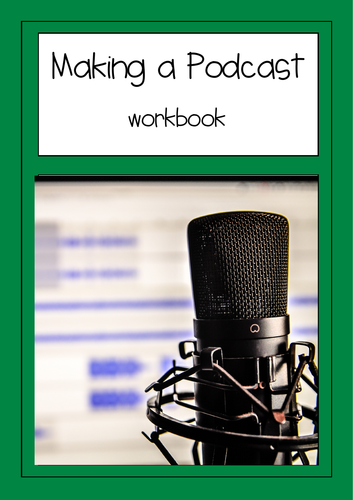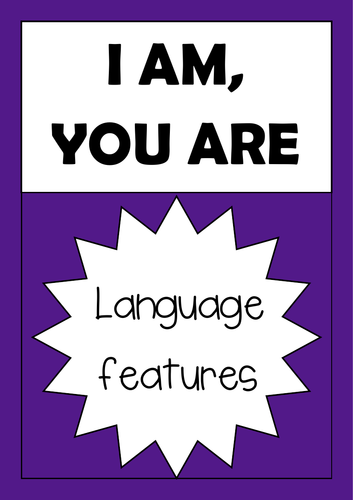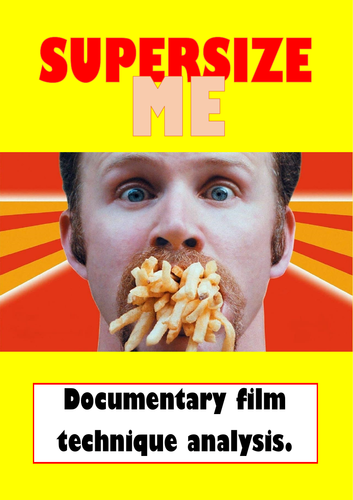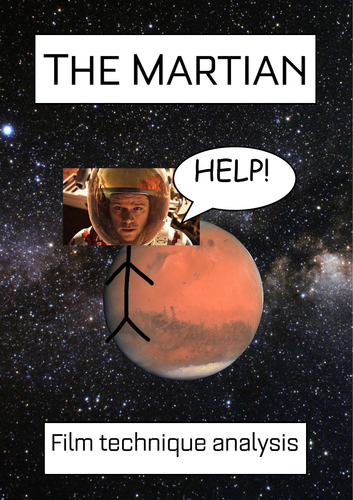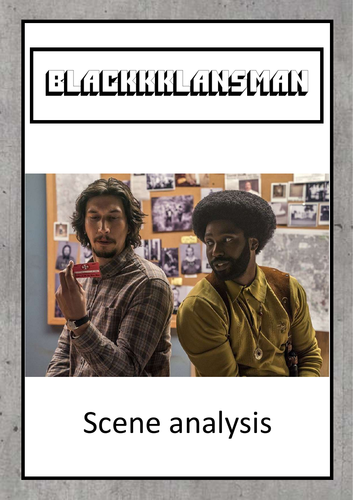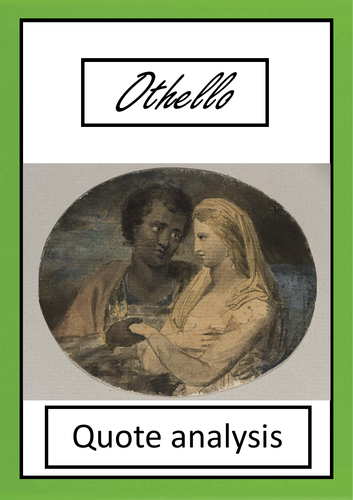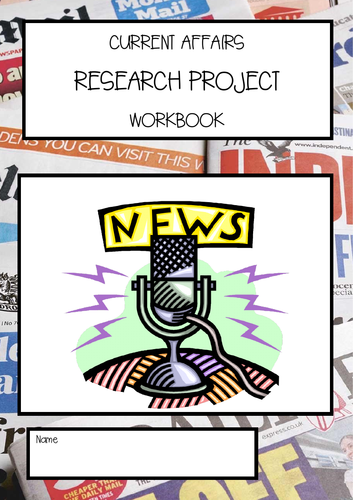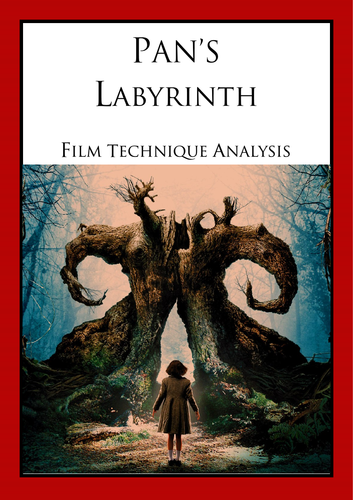28Uploads
7k+Views
582Downloads
All resources

'Dreams' poetic language analysis.
A worksheet which guides students through analysis the use of metaphors in Langston Hughes’ classic poem ‘Dreams’
Students identify metaphors, explain what is being compared and examine the author’s purpose.
This resource would fit as part of a figurative language unit or a unit on American poetry.

Creating a podcast workbook
This workbook will take students through the basic steps of creating a podcast. They will select a topic, research and organize their ideas, then write a script with a solid introduction and conclusion and a range of language features. I will also go through a recommended process of recording and editing this podcast.

'I am, you are' language features game
This game helps students to memorize the definitions of a range of language features.
Students take turns reading aloud definitions of language features, trying to get them in the correct order.
Race against the clock to beat your class’ personal best!

Hunger Games character analysis
These worksheets are designed for students to use to analyze the personality of four main characters of ‘The Hunger Games’.
Students are asked to list the characteristics, description and symbols associated with Katniss, Peeta, Effie and Haymitch. Each character gets a different worksheet.
Some possible answers are also included.

'Super Size Me' documentary film technique analysis
This resource examines six documentary film techniques, based around the film ‘Super Size Me’.
Students will watch key scenes and describe specific techniques used. They will analyse the director’s purpose and explain how techniques help achieve this goal.

'The Pig' by Roald Dahl
This resource guides students through the Roald Dahl poem ‘the Pig’ using reading comprehension skills.
Students need to summarize, ask questions, make predictions and clarify their understanding.
This resource would be a useful part of a wider reading program.

World War One poetry analysis
This is a comprehensive workbook focusing on the war poetry of World War One. Included are four worksheets (each at least two pages) and an answer key.
Examine the conditions the soldiers faced. Explore the work of Wilfred Owen and Jessie Pope. Analyse the language and purposes of their poetry. Compare and contrast their respective approaches to describing the war.

'Hunger Games' film technique analysis
This resources can be either used as an introduction to film techniques, or as part of a ‘Hunger Games’ unit. It is a workbook based around analyzing the film techniques used in one scene of ‘The Hunger Games’.
After watching the clip, students define and identify examples of film techniques. Then, using the graphic organizers, students need to consider the purpose of techniques and how they convey information.
Finally, as a summative assessment, students individually analyse a new scene of their or your choice.
This is about three to four lessons of work, depending on how well your students already know film techniques.

Close reading workbook
This resource helps students develop their close reading skills.
Included are four different texts: The opening of ‘1984’, ‘Dreams’ by Langston Hughes, the opening of ‘On the Road’ and ‘The Pig’ by Roald Dahl.
Each text comes with a worksheet that asks students to analyse what they have just read. Worksheets guide students through using reading strategies and examining figurative language.
This workbook would fit nicely into a wider reading unit.

Film technique worksheet
This resource is three worksheets that guide students through learning basic film techniques. Cinematography, misc en scene and post production techniques are all covered.
Students identify techniques, write definitions and draw examples.
This resource would work well as part of a film unit, as way to introduce or remind students of key film techniques.

'The Blindside' film technique analysis
This resource can be either used as an introduction to film techniques, or as part of a ‘The Blind Side’ unit. It is a workbook based around analyzing the film techniques used in one scene of ‘The Blind Side’.
After watching the clip, students define and identify examples of film techniques. Then, using the graphic organizers, students need to consider the purpose of techniques and how they convey information.
Finally, as a summative assessment, students individually analyse a new scene of their or your choice.
This is about three to four lessons of work, depending on how well your students already know film techniques.

Analysis of the opening of 'On the Road'
This resource guides students through the opening of ‘On the road’ using reading comprehension skills.
Students need to summarize, ask questions, make predictions and clarify their understanding, using the first four paragraphs of the novel.
This resource would be a useful part of a unit on ‘On the road’ or as part of a wider reading program.

'The Martian' film technique analysis
These resources can be either used as an introduction to film techniques, or as part of a ‘The Martian’ unit. It is a workbook based around analyzing the film techniques used in one scene of ‘The Martian’.
After watching the clip, students define and identify examples of film techniques. Then, using the graphic organizers, students need to consider the purpose of techniques and how they convey information.
Finally, as a summative assessment, students individually analyse a new scene of their or your choice.
This is about three to four lessons of work, depending on how well your students already know film techniques.

Analysis of the opening of '1984'
This resource guides students through the opening of ‘1984’.
Students are asked to describe the main character and setting of ‘1984’ by providing and explaining quotes. They also need to examine how George Orwell encourages us to keep reading the novel.
This resource would work well as part of a ‘1984’ unit, or as part of a wider reading program.

'Of Mice and Men' quote analysis workbook
This resource helps students analyse major quotes for a range of characters in ‘Of Mice and Men’.
First, students are asked to consider the possible meanings of the names of five characters. Then, students carefully read key quotes to answer the questions ‘What does this quote tell you?’ and ‘How does it tell you that?’
This resource would work well as part of a larger ‘Of Mice and Men’ unit.

'Coach Carter' film technique analysis
This resources can be either used as an introduction to film techniques, or as part of a ‘Coach Carter’ unit. It is a workbook based around analyzing the film techniques used in one scene of ‘Coach Carter’.
After watching the clip, students define and identify examples of film techniques. Then, using the graphic organizers, students need to consider the purpose of techniques and how they convey information.
Finally, as a summative assessment, students individually analyse a new scene of their or your choice.
This is about three to four lessons of work, depending on how well your students already know film techniques.

BlacKKKlansman film technique analysis
These resources can be either used as an introduction to film techniques, or as part of a ‘BlacKKKlansman’ unit. It is a workbook based around analyzing the film techniques used in one scene of ‘BlacKKKlansman’.
After watching the clip, students define and identify examples of film techniques. Then, using the graphic organizers, students need to consider the purpose of techniques and how they convey information.
Finally, as a summative assessment, students individually analyse a new scene of their or your choice.
Please be sure to check the rating on this film and make sure it is suitable for your students. This scene, which is incredibly powerful and a good teaching moment for students, does include a description of a lynching, which younger students may find disturbing.

'Othello' quote analysis
This resource helps students analyse major quotes for a range of characters in ‘Othello’.
First, students are asked to describe the main characters. Then, students carefully read key quotes to answer the question ‘What does this quote tell you?’.
This resource would work well as part of a larger ‘Othello’ unit.

Current affairs research project workbook
This product helps students conduct a research project about a current issue, and then assists them into writing a research report on that topic.
This workbook scaffolds students through all the steps of a successful research project, including selecting a topic, creating focusing questions, evaluating sources and analyzing research. The project culminates in students writing a research report.

Pan's Labyrinth film technique analysis
These resources can be either used as an introduction to film techniques, or as part of a ‘Pan’s Labyrinth’ unit. It is a workbook based around analyzing the film techniques used in one scene of’Pan’s Labyrinth’ .
After watching the clip, students define and identify examples of film techniques. Then, using the graphic organizers, students need to consider the purpose of techniques and how they convey information.
Finally, as a summative assessment, students individually analyse a new scene of their or your choice.
This is about three to four lessons of work, depending on how well your students already know film techniques.


